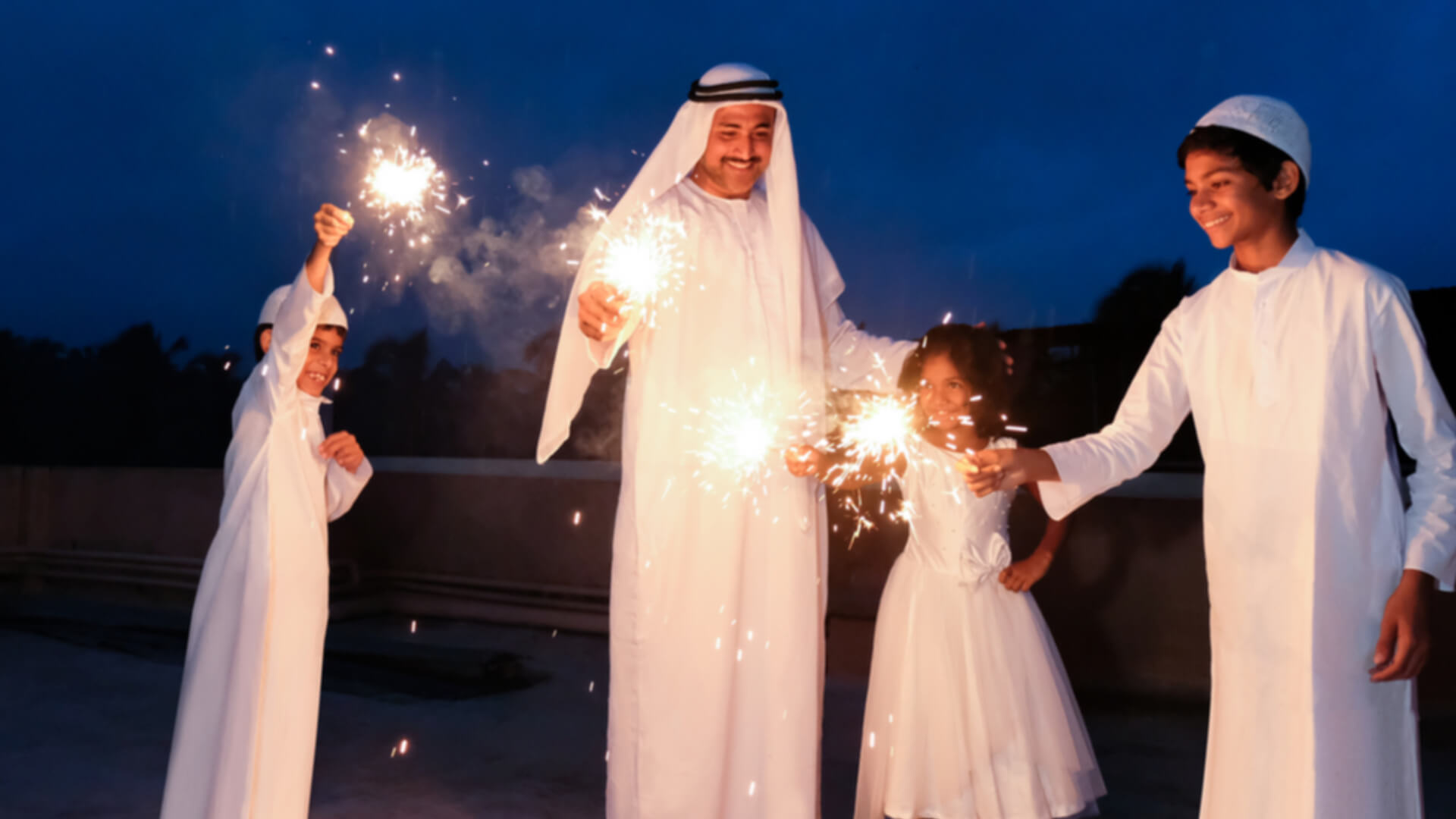zoomacademia.com – Ramadhan is one of the most significant months in the Islamic calendar, observed by Muslims around the world as a time of fasting, prayer, and spiritual reflection. Beyond its religious importance, Ramadhan also fosters a sense of community, charity, and togetherness.
Spiritual Reflection and Fasting
The hallmark of Ramadhan is fasting from dawn until sunset. This practice, known as sawm, is one of the Five Pillars of Islam. Muslims refrain from food, drink, and other physical needs during daylight hours, focusing instead on spiritual growth and self-discipline. The fast is broken at sunset with a meal called iftar, often starting with dates and water, following the tradition of the Prophet Muhammad (peace be upon him).
Pre-dawn meals, known as suhoor, are equally important in sustaining individuals throughout the fasting day. During this time, Muslims dedicate themselves to prayer, reciting the Qur’an, and seeking forgiveness.
Acts of Charity and Community Bonding
Ramadhan emphasizes compassion and generosity. Acts of charity, whether through donations (known as zakat or sadaqah) or providing meals to those in need, are strongly encouraged. Many mosques and community centers host communal iftars to ensure that no one breaks their fast alone.
Family and community gatherings become central to the celebrations. These moments provide an opportunity to strengthen bonds, share blessings, and support one another in spiritual devotion.
Special Nightly Prayers: Tarawih
During Ramadhan, Muslims perform additional nightly prayers called Tarawih. These prayers, held in mosques and homes, are a cherished tradition. The recitation of the Qur’an during these prayers allows the faithful to reflect deeply on its teachings and strengthen their connection with Allah.
Cultural Traditions and Festivities
While the essence of Ramadhan remains deeply spiritual, cultural traditions vary across regions. In some countries, lanterns called fanoos light up streets, while others celebrate with unique dishes and festive markets.
In Indonesia, colorful Ramadhan bazaars offer a variety of traditional foods. In the Middle East, kunafa and qatayef are popular treats during this month. These culinary delights become symbols of joy and togetherness during Ramadhan evenings.
The Joyful Conclusion: Eid al-Fitr
Ramadhan culminates with the celebration of Eid al-Fitr, a joyous festival marking the end of fasting. Families come together for prayers, feasts, and the exchange of gifts. New clothes, charity to the less fortunate, and community gatherings are common features of this festive occasion.
Conclusion
Ramadhan is a time of spiritual growth, reflection, and community bonding. The month fosters compassion, gratitude, and devotion, leaving a lasting impact on the lives of Muslims around the world. Beyond its religious observance, Ramadhan brings people together in a beautiful celebration of faith, family, and generosity.










